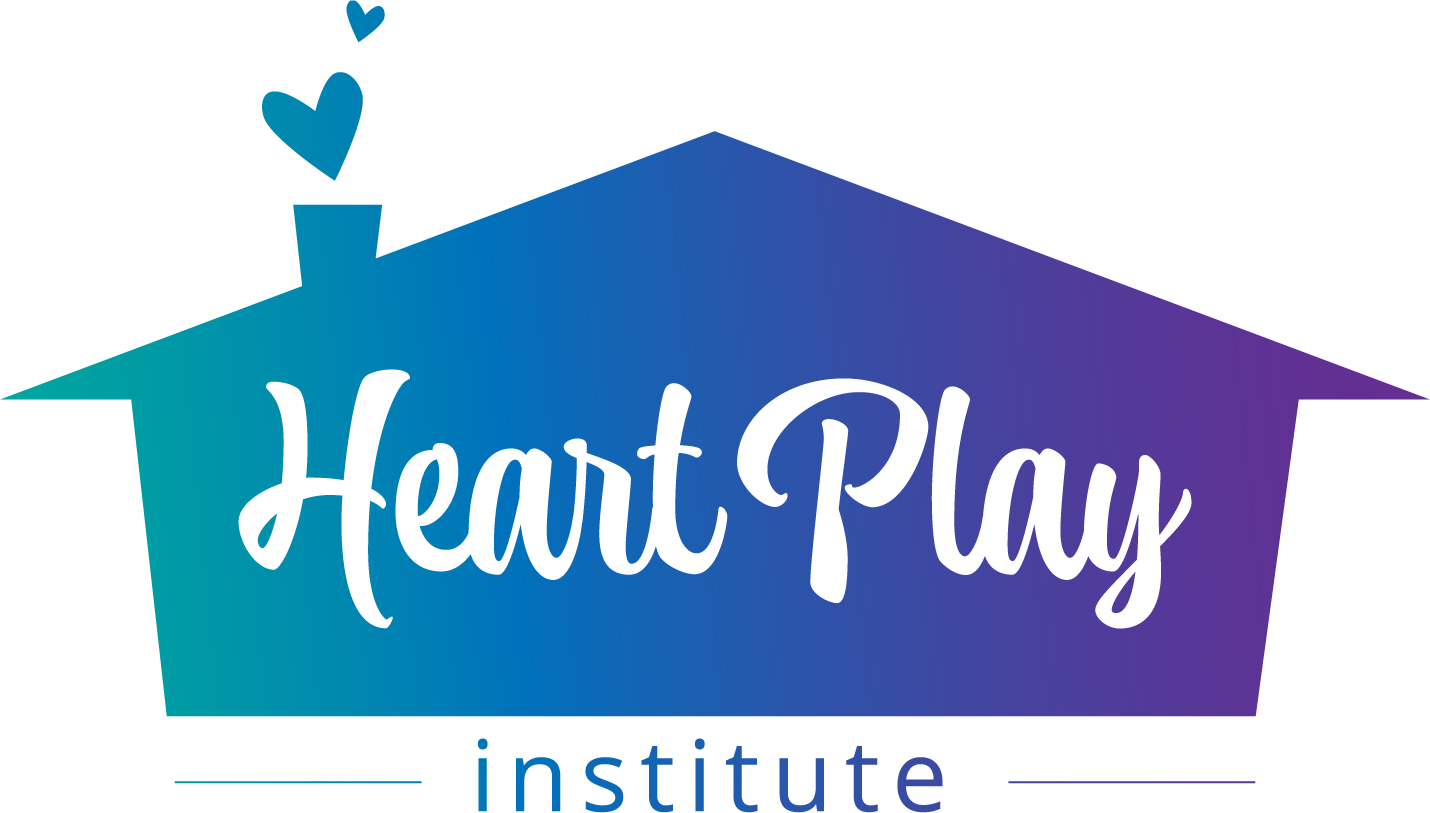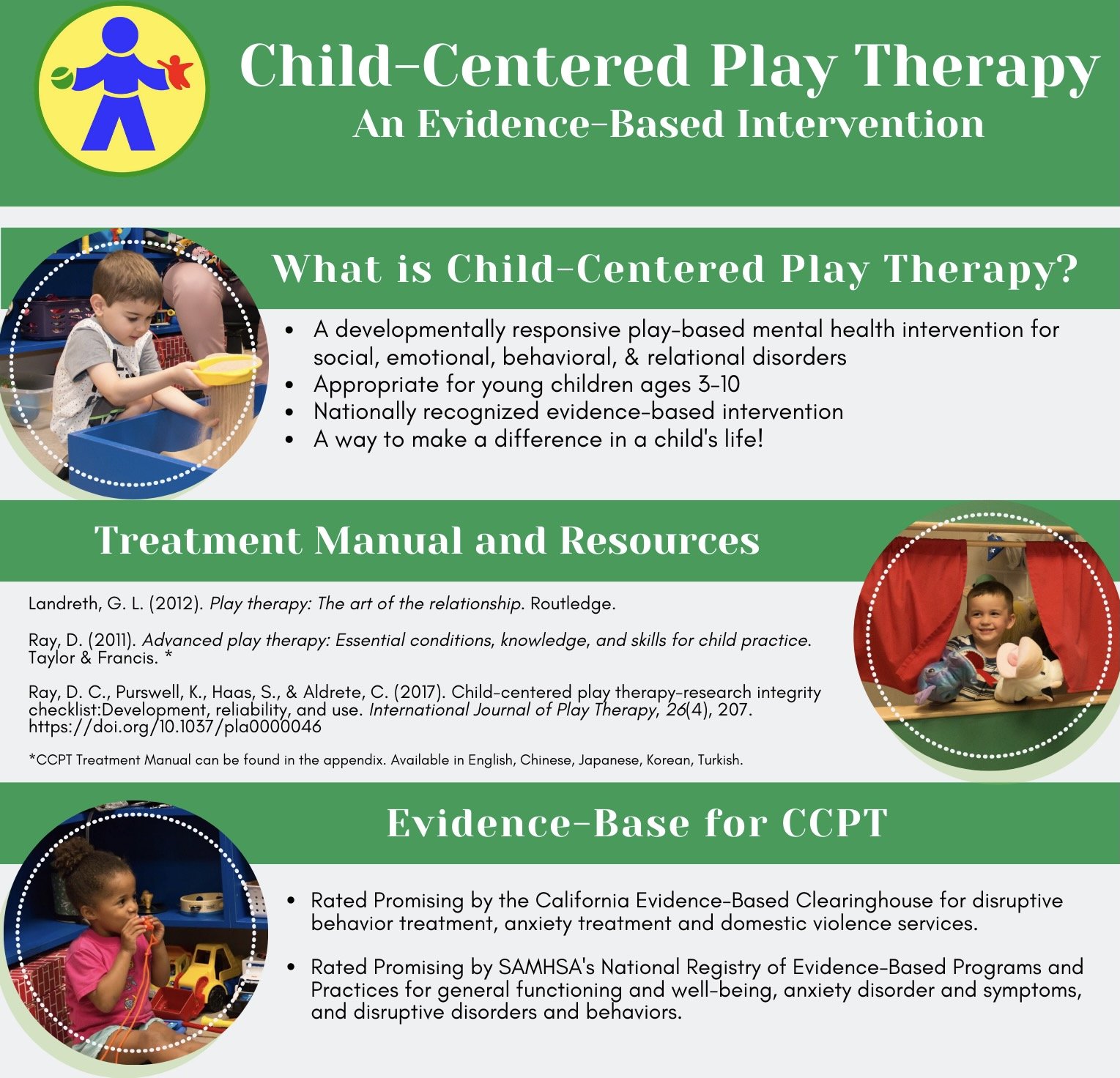Association for Play Therapy (APT) defines play therapy as "the systematic use of a theoretical model to establish an interpersonal process wherein trained play therapists use the therapeutic powers of play to help clients prevent or resolve psychosocial difficulties and achieve optimal growth and development."
Play therapists are specifically trained to provide an environment of acceptance, empathy and understanding in the play therapy room. Play therapy is not the same thing as playing. Play therapy uses the child's natural tendency to "play out" their reactions to life situations, in the presence of a trained play therapist, to help the child feel accepted and understood and gain a sense of control or understanding of difficult situations.
“Play is the child’s symbolic language of self-expression and can reveal (a) what the child has experienced; (b) reactions to what was experienced; (c) feelings about what was experienced; (d) what the child wishes, wants, or needs; and (e) the child’s perception of self.”
- Garry L. Landreth Ph.D., Play Therapy The Art of the Relationship


